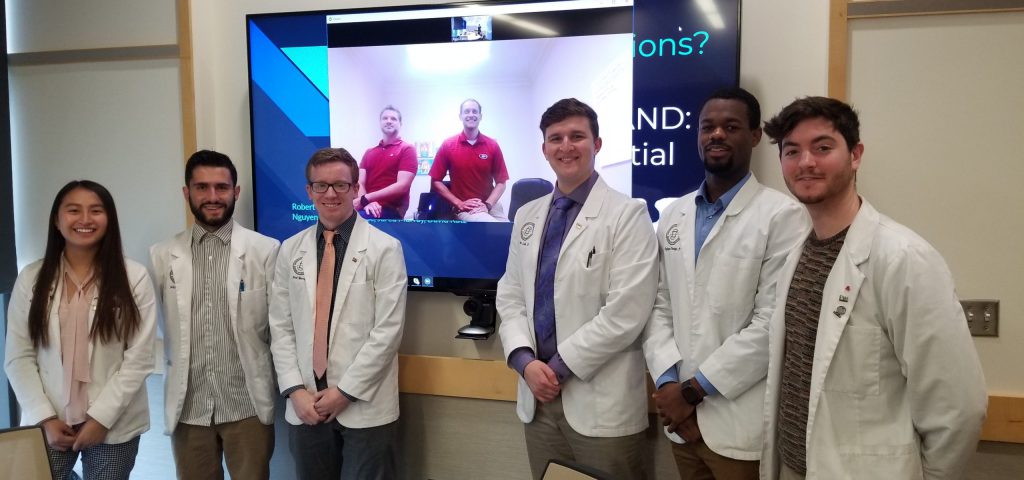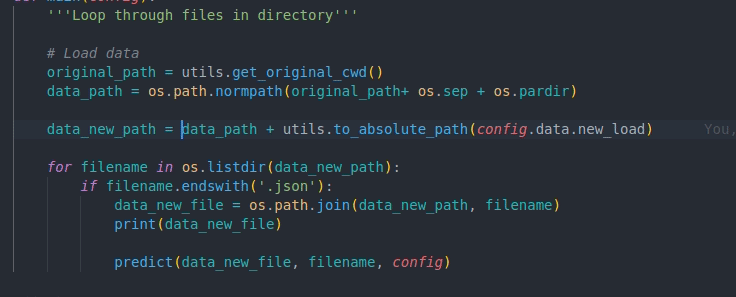 Pharmacy Innovation
Pharmacy Innovation
PHARM 5820 (Fall), PHARM 5821(Spring)
The goal of this course is to introduce innovation, creativity, and entrepreneurship for pharmacy students. Taking on Projects with external stakeholders, teams demonstrate the value of innovation in practice. Learn more about Innovation 1 in this sample syllabus. (1 credit)
"I found this class to be essential in re-engineering our thinking and encouraging us to be proactive and innovative pharmacists. "
 Innovation
Innovation
Course Learner

Python for
Data Management
PHARM 5835 (Spring, occasional Summers) - Python, Data, Machine Learning
This course series will provide an introduction to programming, data processing, and data analytics in healthcare. These courses will focus on learning about languages, data in the context of practice, and opportunities to address care through technology. Learn more here. (3 credits)
"In honesty, this class is like a breath of fresh air. It forces us to have to understand progressively more complex topics and challenges us to think"

Python Course
Learner

Special Topics
Independent Study – (Fall, Spring, Summer)
In this structure learners and faculty collaborate on specific projects to find the best fit for practice and educational needs to accomplish something great together.
Previous/Occasional Offerings:
IntrapreneurshipReinventing the Incumbent – PHARM 5835 (Fall) The goal of this course series is to introduce didactic and experiential elements of entrepreneurship for pharmacy students. This course offers students the foundations required to successfully understand, create, and execute entrepreneurial ideas in pharmacy. (1 credit) |
Side ProjectBuilding value with your spare time – PHARM 5836 (Spring) The Side Project introduces you to the core methods and models of designing and developing innovative products and services, implementation of key components, and how the results are managed and synthesized. (1 credit) |
